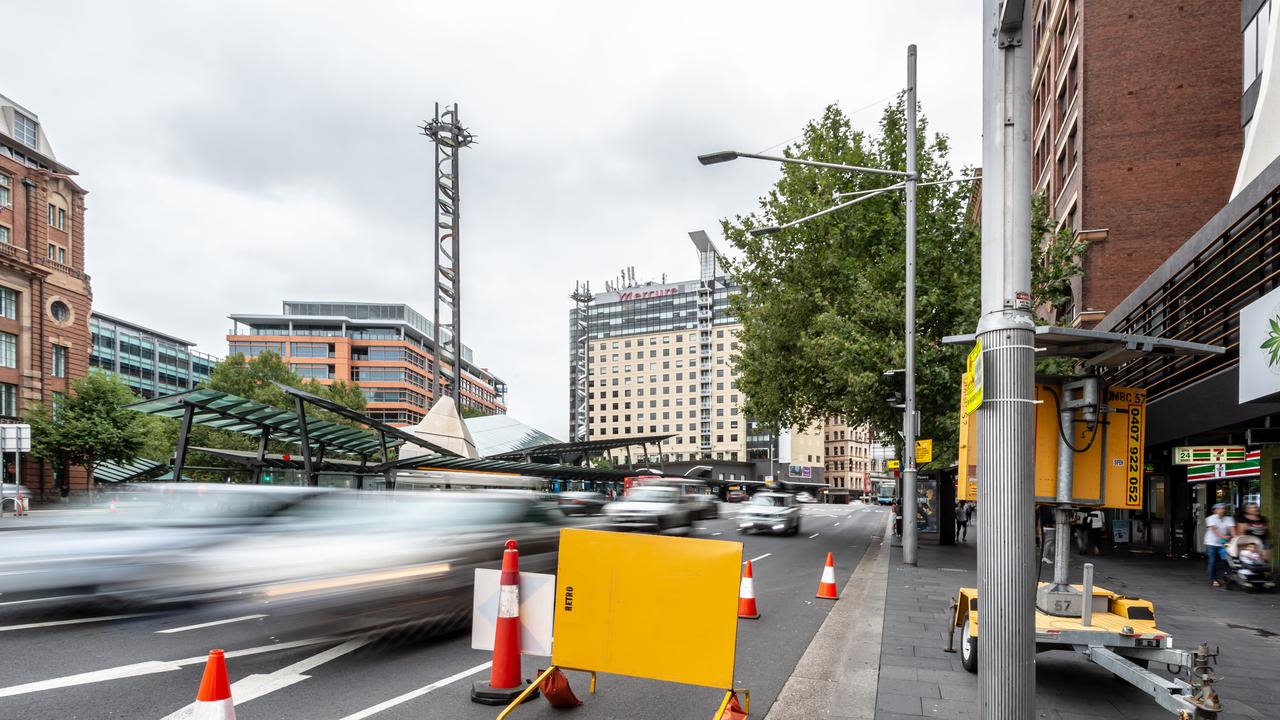Old Boys Club: What they don't tell you about Australian startups
People lie, but numbers don't — this is how Australia's tech and startup industry is failing to match its multiculturalism.
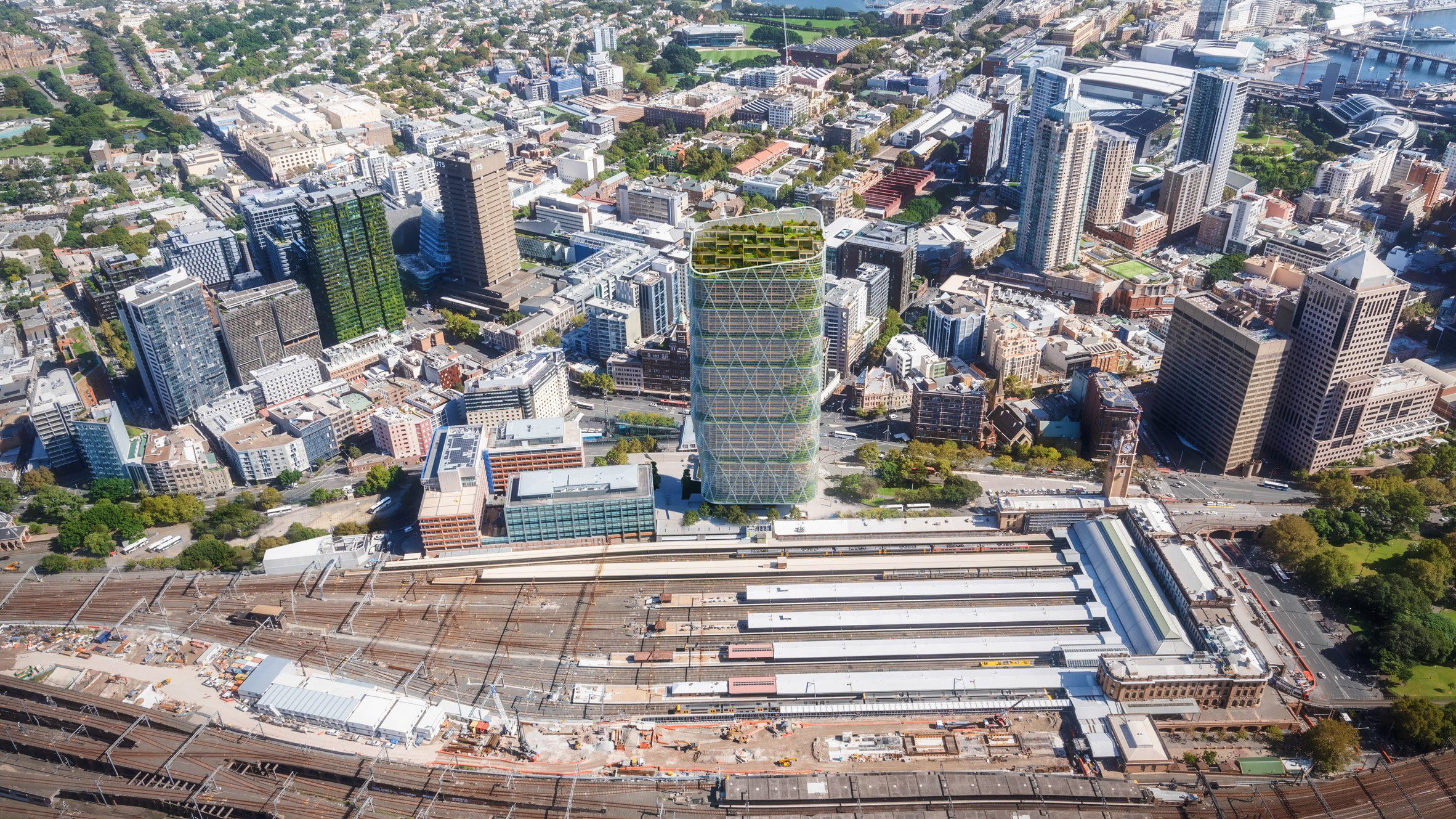
The Australian startup "success" story so far...
Atlassian. Afterpay. Canva. Australia's tech and startup industry is a growing, influential presence, with many reaching the ranks of its global peers. As an ecosystem, its massive growth has been a boon for Australia thus far.
According to both AusTrade and the Tech Council of Australia, the technology sector in Australia has grown over 79% since 2016 and is now valued at $167 billion, making it the third largest contributor to the country's GDP.
The institutions, like venture capital funds and government departments, are supporting the industry. They are building initiatives for founders, by founders. There's just one minor issue.
The startup industry suffers a very visible problem - the lack of diversity in the startup scene across gender identity, ethnicity and education level.
Collecting data via LinkedIn profiles, company websites and HSC results, we analysed 600+ startup founders that received funding from Australian venture capital firms in 2022. With data across gender, ethnicity and educational background, the results showed that the startup sector is far from diverse, with implications for Sydney's tech industry.
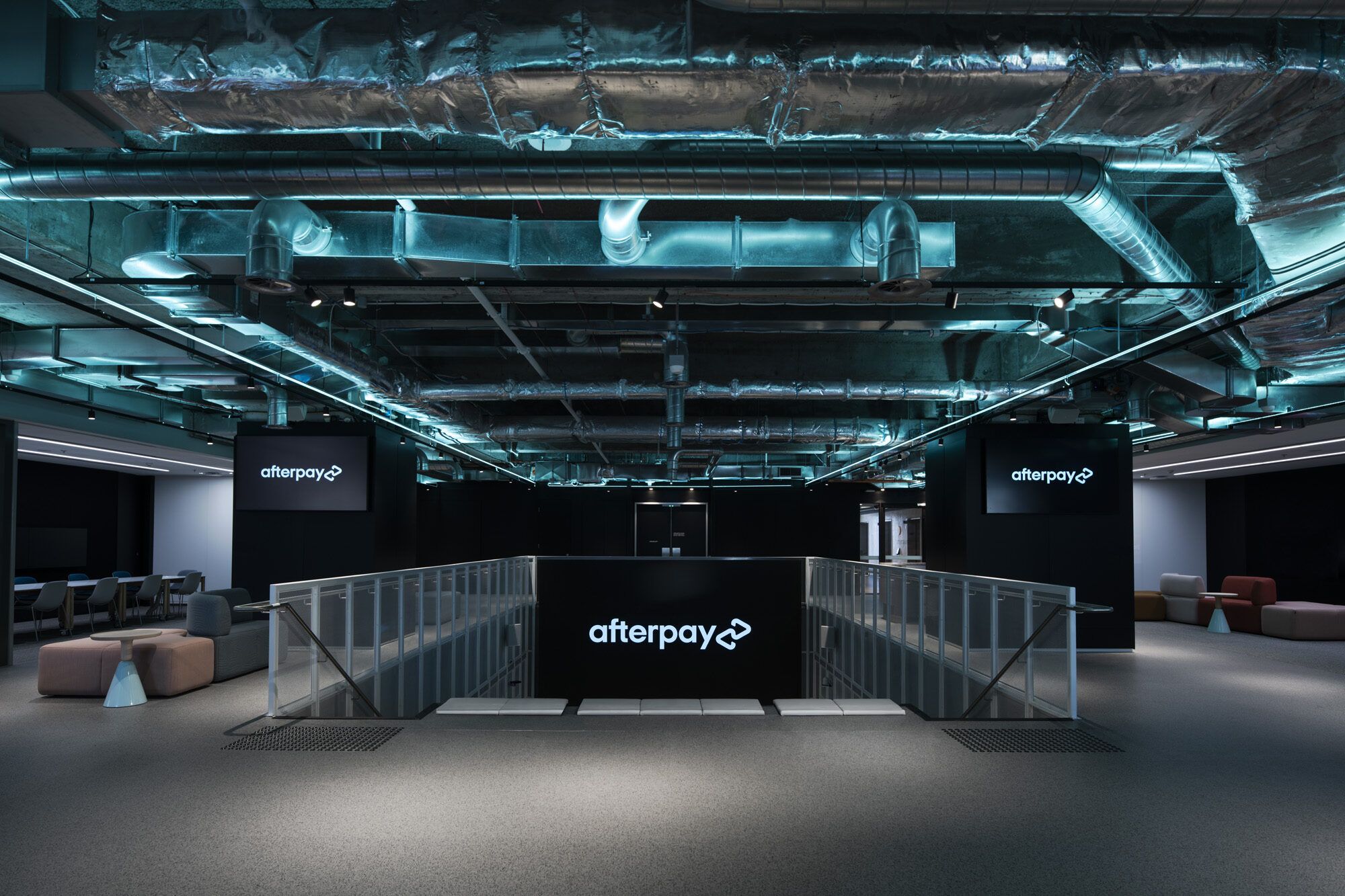
The gender gap...
Our data analysis showed female startup founders making up a significant minority of funding recipients compared to males (with none identifying as transgender or non-binary). This makes roughly a 1:6 ratio between female and male startup founders respectively.
The average co-founder across all industries is a white man with an undergraduate university education and a business background.
The most gender diversity we were able to find was a founder that identified with and used "he/they" pronouns.
Female founders also pursued higher levels of education, with more having postgraduate qualifications than their counterparts — which we speculate as being a result of needing to do more to be taken as seriously.
The education and career gap...
Another trend the data showed was that almost every founder had received a Bachelor's degree as a minimum education requirement — indicative of another barrier for people with less access to higher education. The very strong majority of fund recipients having been degree holders highlight the silent prejudice towards people who have not been afforded the opportunities of higher education.
Founders who were privately educated in high school were also found to have been less likely to attain postgraduate qualifications, except in the field of Biotech/Medtech — this finding was attributed to the idea that this was the result of less of a need to qualify themselves with extra credentials to start a successful business due to connections, wealth and other factors that contribute to the exclusivity of the startup scene.
The ethnicity gap...
Most founders were white with the largest minority group being East/South Asian, distributed across men and women. People of African, Middle-Eastern (except Jewish), mixed race and Indigenous backgrounds were severely underrepresented in this dataset, and those that were included tended to have higher educational qualifications.
This is especially true with female founders from ethnic minority backgrounds, with almost all having post-graduate qualifications, from top institutions.
This particular trend suggests a sort of bias present in venture capitalist funding, in which people from these underrepresented communities have to have "proof" of their capabilities, which only doubles for female founders from these communities. This type of marginalisation has been pointed out in other investigations, where it was estimated that only "two per cent of venture capital globally flows to female-led start-ups with 0.2 per cent being women of colour, yet 35 per cent of start-ups globally are founded by women and 36 per cent in Australia”.
The Australian Financial Review also published an article highlighting the barriers women from minority communities face - featuring a study conducted by Creative Co-Operative (a startup founded by a Bengali woman) in 2021.
The study found that the "most common source of funding (approx. 57.1 per cent) for early-stage Women of Colour (WoC) founders was their own cash, followed by government grants. Only 9.5 per cent of WoC founders who had raised funding had done so via venture capital - confirming the speculation of possible bias against minority women startup founders by venture capitalists.
These estimations and findings strongly point to the double-layered barriers of entry female founders from ethnic minority groups face when navigating the startup scene - which is then reflected in this data visualisation.
Business as usual...
Finally, business backgrounds dominated the founder demographic, followed by Engineering and IT, Science, Design and Law. Perhaps unsurprisingly, only one founder had a blue-collar career.
Founders with a career in Business, Engineering, Science and Law were more likely to have had post graduate qualifications - which would likely have played a role in enticing these venture capitalists to invest in their ideas - again- sidelining those who were not afforded that opportunity.
Why champion diversity?
Joshua Santos is the Communications and Memberships co-ordinator at the Tech Council of Australia. As a former Product Marketing Manager at Canva, he remains optimistic but aware of the limitations of diversity in startups and tech.
"Tech is an industry, once you start building a career, that has a good degree of privilege," he said.
"As someone coming from Western Sydney, I grew up with a low SES background, with my parents making sacrifices to be here."
Santos believes that inclusion is critical for startups to embrace to help shape a more inclusive society.
"Naturally, when you bring those perspectives you are designing for inclusion. When we make these initiatives accessible, it's not just a few people who are adopting it, you get to reach more people,"
"That's a win-win situation, both for people who are accessing those products and services, but also society as a whole, and businesses, you know, it's good for the numbers. So it's a win-win situation when we factor that in," he explained.
Mathushah Satheesan is a former Growth Marketing Executive at Wisr, a financial technology "neo-lender" startup.
Satheesan notes that during her time in the tech sector, certain demographics predictably prevailed over others.
"There are certain initiatives that are being taken right now to include diversity. But it's something that organisations need to be more proactive about."
While Satheesan acknowledges the need for more diversity in startups, she has also emphasised the opportunities to voice her opinions in the industry.
"As a woman of colour, I definitely feel like opportunities need to be equal for everyone. And for me, personally, I feel like we live largely in a very connected digitally connected world, and whatever idea that you want to propose, whether that's music, media or subtext, it's a medium," she said.
"I think of tech as a medium, and as leverage, where you can voice your ideas. That's the reason why I love tech. Everyone who's interested in tech, needs to be part of it to share their ideas, whether they're working in tech, or whether they are funding creators, or something like that. The more inclusive and diverse, the better and more safe place it is."
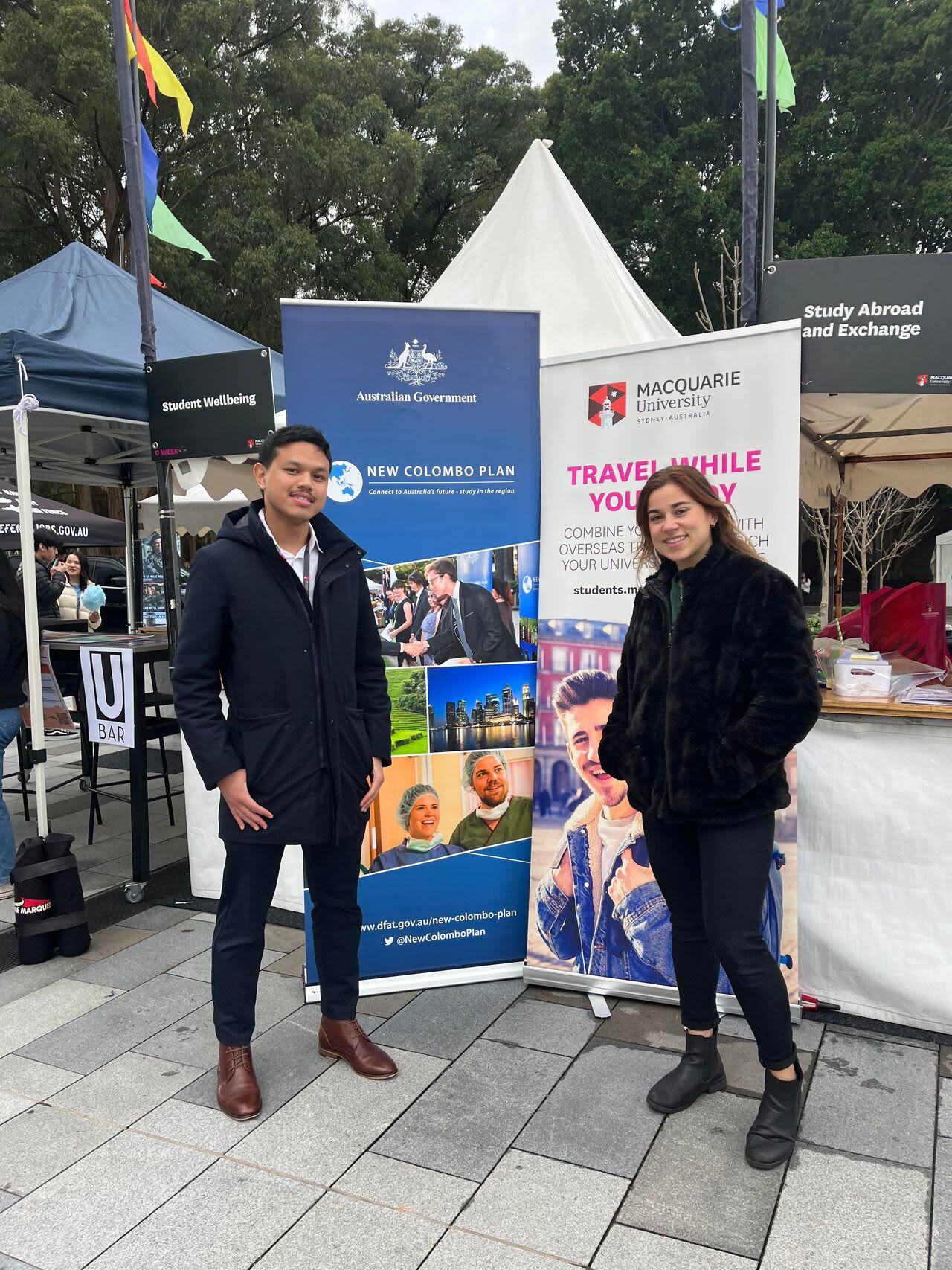
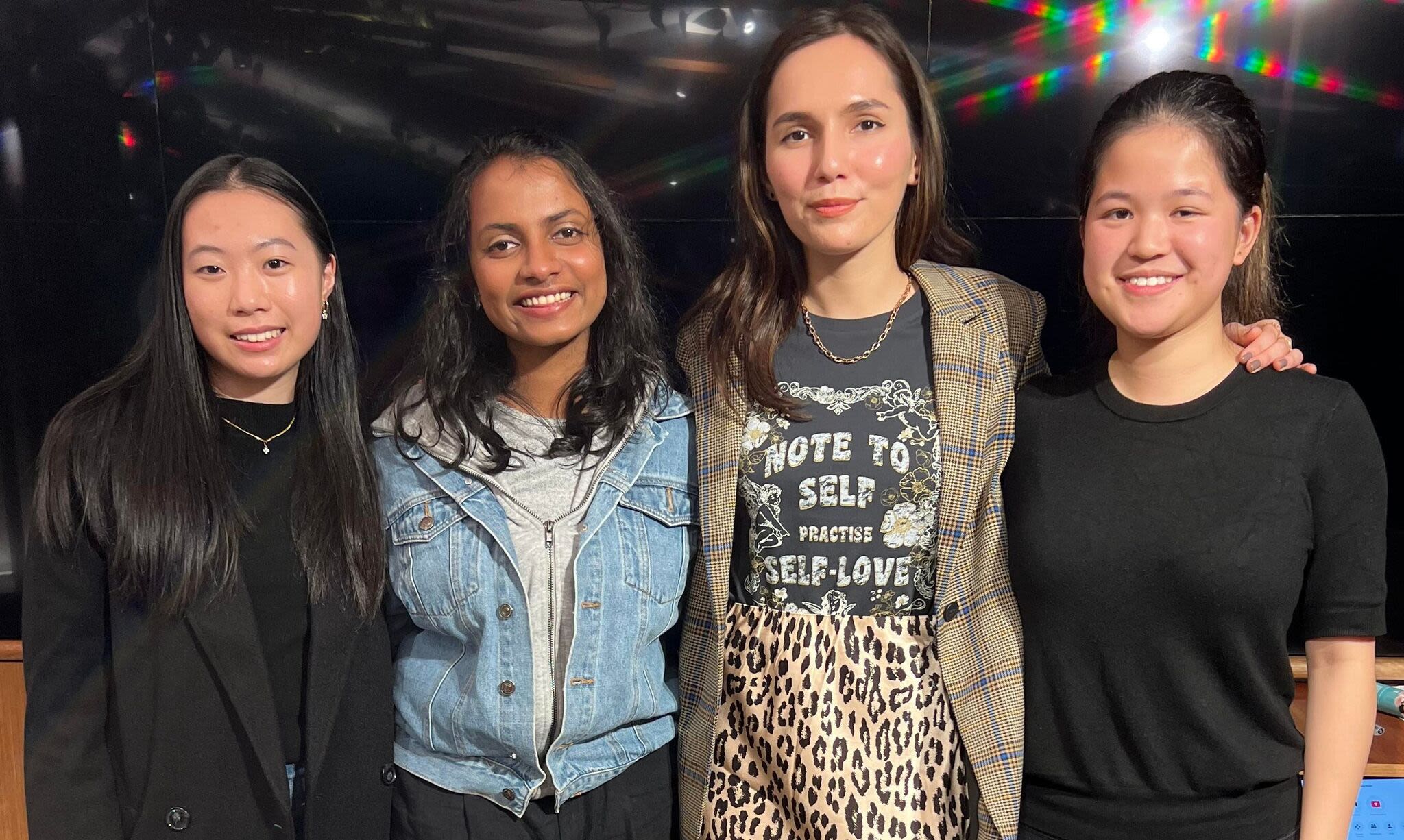
More barriers to entry...
Founders from diverse backgrounds are still facing major barriers in receiving funding for their startups. Ironically, it is often in the very same hands as the initiatives that actively champion better diversity and inclusion for these businesses.
Venture capital funds such as Folklore Ventures and Blackbird Ventures's subsidiary, Startmate, might have dedicated communities and fellowships for women, yet remain gatekept by entry costs, upwards of $1500.
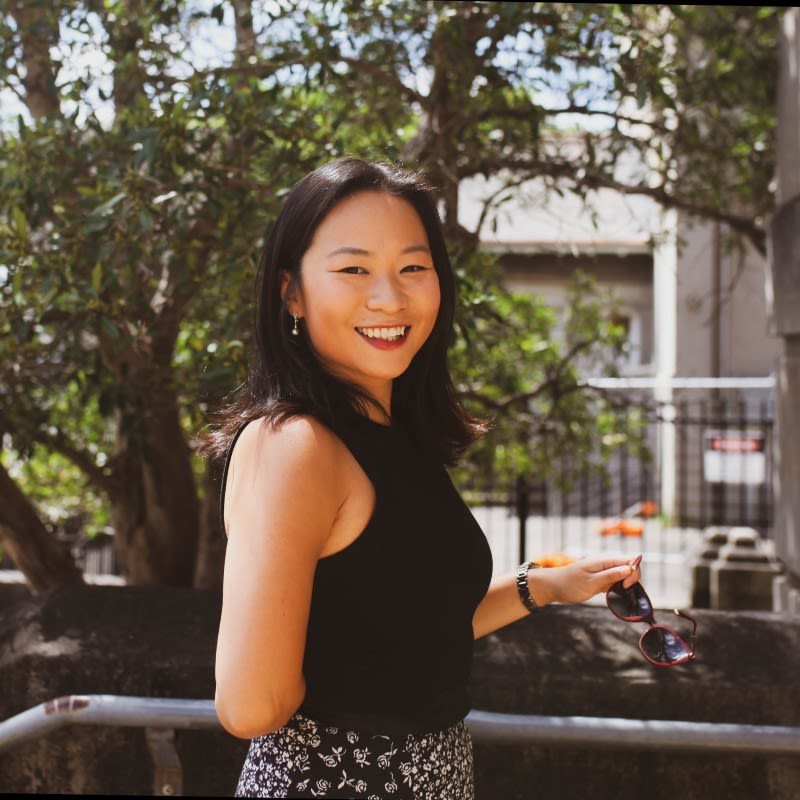
Jessy Wu, Investment Principal, AfterWork Ventures. (Supplied)
Jessy Wu, Investment Principal, AfterWork Ventures. (Supplied)
Jessy Wu is an Investment Principal and Head of Community at AfterWork Ventures. With a distinctive brand in the startup community for her "unique takes and contrarian views", Wu remains a vocal critic of the ecosystem's lack of diversity.
The latest blow to founders comes as government institutions have pulled funding from entrepreneurship and innovation grants. This includes the Federal Government's Entrepreneur's Programme (unceremoniously closed, with all staff dismissed) and the NSW Government's MVP Ventures Grant, with all applications put on hold, until the 2023-24 state budget.
In a statement provided to Central News, Wu says that the pulled funding was immensely frustrating for the startups involved.
"I remain agnostic about the kinds of government initiatives that propel startups forward - whether these be grants, support programs, or incentives for the private sector to invest in entrepreneurship and innovation,"
"However, changing course mid-flight is hugely disruptive for startups who have committed time and resources to an onerous application process. Time and resources are the one luxury startups and new SMEs [small and medium-sized enterprises] don't have."
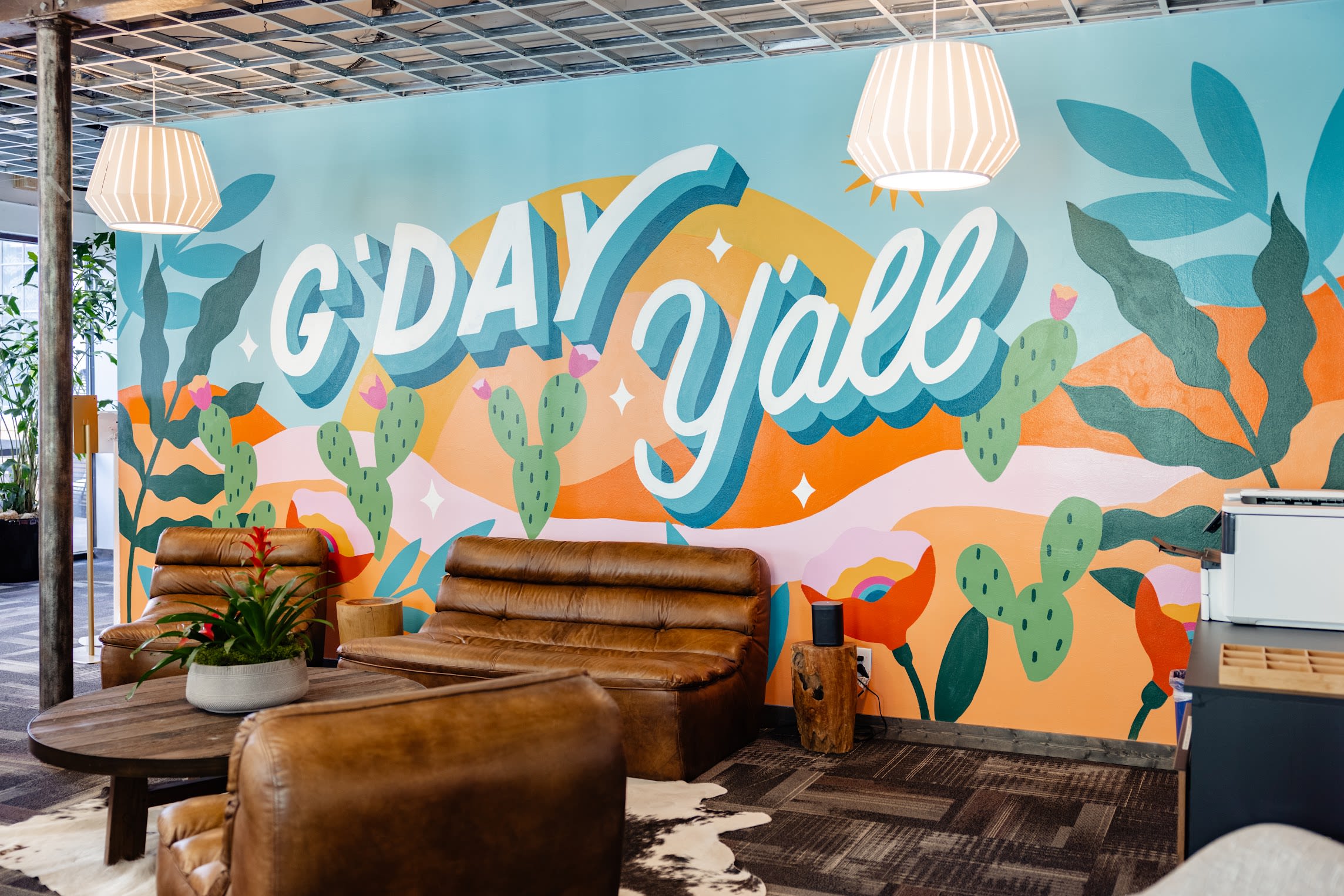
An "inclusive" centre for an exclusive community
While the startup industry itself struggles to create a diverse and inclusive environment, it has flow-on effects on government projects serving the industry.
Labelling itself as the "most inclusive, welcoming, sustainable and creative district" in the world, Tech Central promises to be the "innovation heart" of Sydney. Its development was spurred by the mass growth of the tech and startup industry.
The centrepiece of the project is set to be Atlassian Central, a 40-storey-tall tower, anticipated to be the world's tallest hybrid timber structure.
A new home to ambitious building developments, startup accelerators and research facilities, the project is the magnum opus for the NSW Government, in their attempt to futureproof the NSW economy and invest in the emerging tech industry.
City of Sydney Councillor, HY William Chan is sceptical of the Tech Central development, signalling concerns for the future of its diverse culture. In a statement provided to Central News, Chan was critical of the current proposals made for the Tech Central precinct.
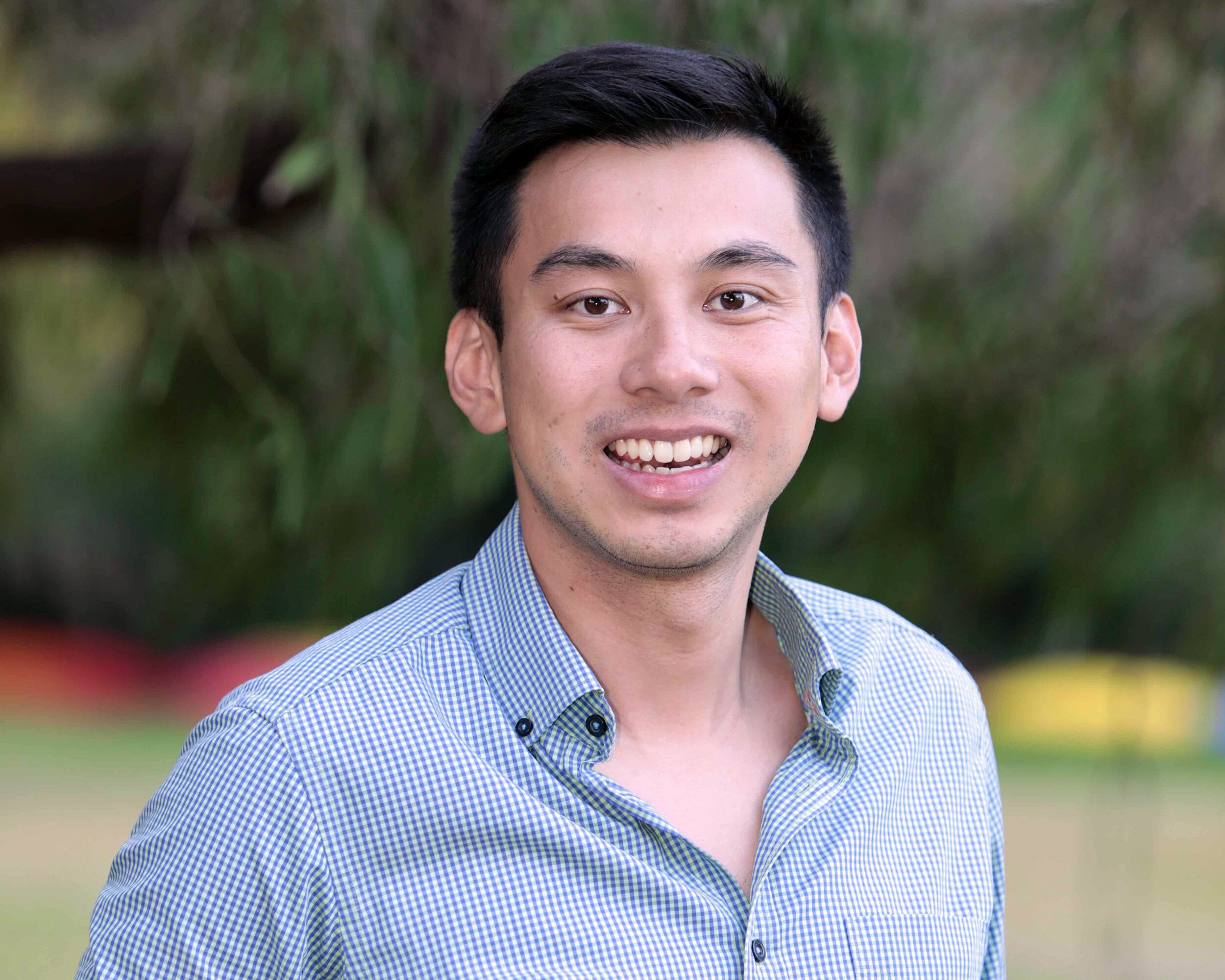
HY William Chan, City of Sydney Councillor. (Supplied)
HY William Chan, City of Sydney Councillor. (Supplied)
"Tech Central must be a hub for social inclusion and liveability through high-quality housing, infrastructure and public spaces," he said.
Chan has remained cautious about Tech Central's future but acknowledged the potential for the precinct.
"It has the potential to become a major attraction for talent and investment within the start-up and scale-up ecosystem."
As a registered architect and advocate for sustainability, Chan reaffirmed the need to ensure inclusivity within the area, with some concerns about gentrification and affordable housing.
"It's important that Tech Central embeds into the existing places of the knowledge economy and develop local talent within our inner Sydney neighbourhoods,"
"It must leverage its central Sydney proximity as an intentional tool to support jobs, educational and commercialisation opportunities that are truly accessible and inclusive to the community."
Chan expressed doubt that the centralised nature of the developments would be effective in creating the innovation culture promised by Tech Central's prospectus.
"The focus of Tech Central should not only be on creating more corporate office space but on prioritising industries of the future and high-value knowledge jobs, particularly floorspace for research-intensive and cultural production uses."
"The jobs of the future and investment in local talent and creativity must be accessible to all, and not just a privileged few."
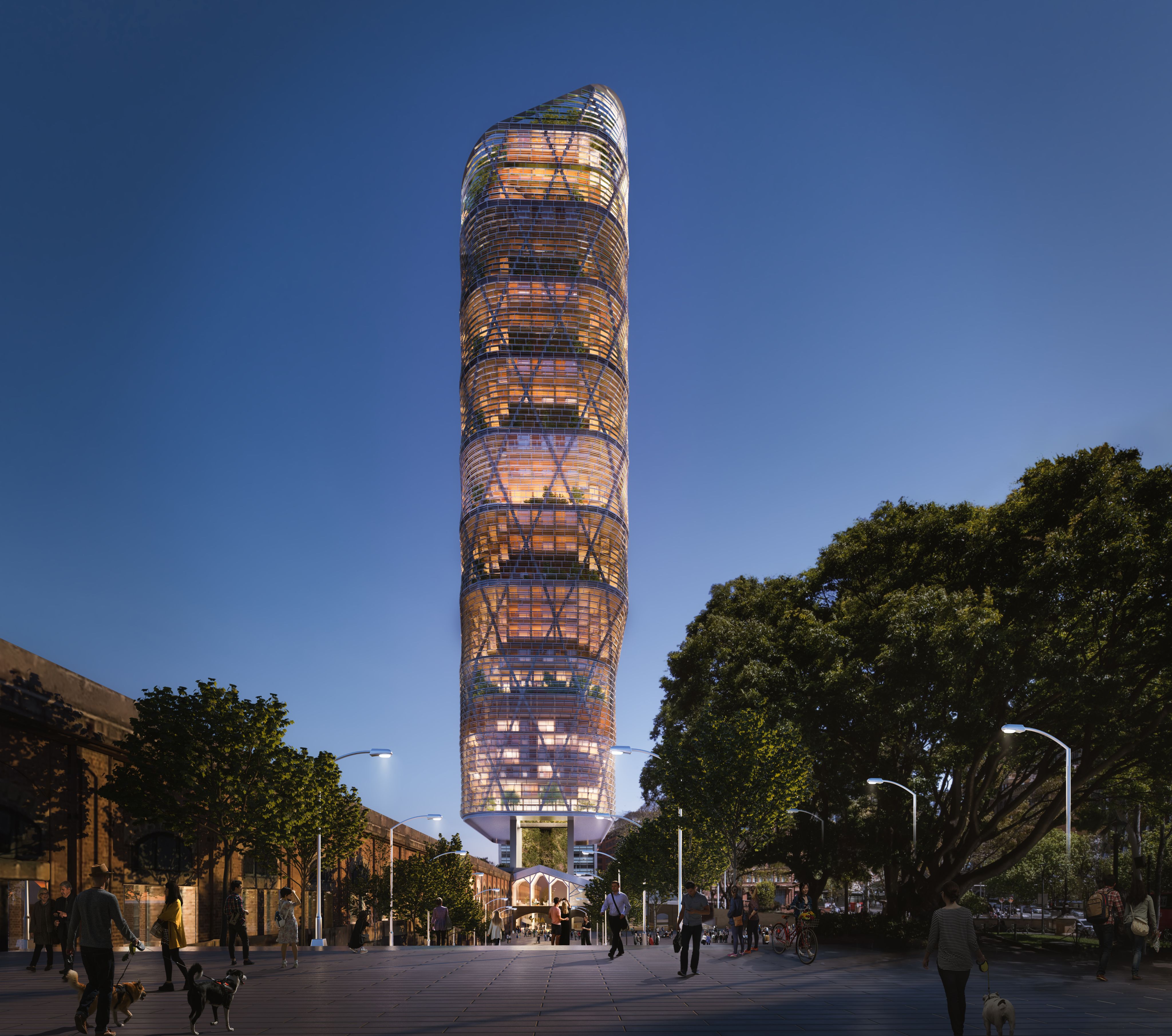
What now?
When asked about the future of inclusion in the tech and startup industry, Santos remained firm that more work needed to be done.
"It's not just statements that you see on both sides, it's about systems and the practical implementations to support people of different backgrounds, who don't necessarily think that tech is for them,"
"I think it's important because as you're sort of navigating the workspace, where we spend one-third of our lives. It's important that that comes a mutual understanding with people that you work with."
Santos adds that belonging is what he desires to see in the tech and startup industry.
"For someone, from my background who has also seen communities and neighbourhoods that haven't often prospered, it can be a bit of a new setting. By having these initiatives where you can bring yourself, the bigger word here is belonging."
It remains to be seen whether this sense of belonging will be fulfilled in the tech and startup ecosystem.
Methodology
The initial data was collected through The State of Australian Startup Funding 2022 report, published on 6 February 2023, by Cut Through Venture and Folklore Ventures.
Race and ethnicity were determined by how the founder referred to themselves through their profiles and company bios.
For the education categories, only full university degrees were considered, to the exclusion of diplomas, certificates and honorary degrees.
Further data was collected primarily through the sourcing of LinkedIn profiles, with additional information gathered through fact-checked sources from the appropriate institutions, such as company websites and HSC data.
